A Know-It-All Guide for Troublesome Teen Skin Problems
Teenage is a hell of a ride, quite literally. When you are a teenager, childhood seems over yet everyone treats you like a child. Other times, you feel like a child but everyone expects you to act like an adult. Nobody shuts up about the “changes” you are going to go through, and you don’t think they are helping. It feels like nobody else understands. There is this sudden surge in individualistic thinking and a strong desire to be your own person. Teenage, therefore, is marked by an array of behavioural, emotional, and physiological issues. There is a surge of all these hormones - hormones that your body used to secrete negligibly, until now, now that you are a teenager.
I say all of this because hey, I get it. I was a teenager pretty recently. Teenage is a time for new experiences and new priorities. Many teenagers start to become very conscious of their looks, their skin, their hair, their clothes - and why would they not? It is their first taste of getting close to adulting! It is natural to want to look your best.
But often teenage skin refuses to cooperate with teenage dreams. It adds to the overwhelmed teenage brain, trying to cope with the long lists of transitions it is going through. No dermatologist or beautician can ignore the troublesome teen skin problems. And I am here to share everything I know with you!
The Why and How of the Most Common Issues Teens Face - And How to Deal with Them
From having little zits on the skin to having acne cover most of one’s face - teen skin goes through a lot because of the physiological changes that an almost-adult person goes through. Not every teen faces the same skin problems, but they might face similar distress with their problems. In this section, we attempt to explain and suggest management tips for some common teen skin problems.
Acne

No matter where you look, acne is the first problem mentioned when teen skin is being spoken about. It is the most common issue teenagers deal with and can take a toll not just on their skin, but their self-confidence. Acne is most commonly known to people as pimples, though that is not all that acne comprises. It is a wide term used to refer to all kinds of teen skin conditions where dirt, oil, or dead skin cells clog skin pores. Acne problems can include but are not limited to:
- Blackheads (open clogged pores)
- Whiteheads (closed clogged pores)
- Papules (red bumps)
- Pimples (red bumps filled with pus on the tips)
- Cystic acne (painful lesions under the skin that are filled with pus, most serious form of acne)
Why does this happen?
There exist millions of little holes on the surface of the skin called hair follicles or pores. These pores allow hair growth on the skin, secrete oil, and enable sweating. Since they are after all just little holes, dirt, oil, and dead skin cells get clogged into them. This causes different kinds of “bumps” on the skin.
Breakouts on the skin can be of kinds ranging from blackheads, whiteheads, papules, and more. A severe form of acne is cystic acne, which is characterized by big areas under the teen skin that get filled with bacteria and pus. It can be painful to deal with and lead to scars lasting a lifetime. Your face comprises the skin that has the most oil and your face is exposed to the most pollution. Therefore, a lot of acne exists on the face. However, this doesn't save you from acne in other places. Acne can occur anywhere in the body including areas like the shoulders, the chest, the buttocks, and the thighs.
There are a range of reasons that makes teen skin more prone to acne problems: -
- The first and most important reason teens suffer from acne is hormones. You see, when you hit puberty, certain growth and sex hormones surge in your body all of a sudden. It is not something that the body has dealt with before. This makes your sweat glands, sebaceous glands, and hair follicles to be more active than ever before. Particularly, male sex hormones, called androgens, are responsible for increased body and facial hair growth in boys. This tends to come along with increased oil production on the teen skin. This sudden surge in oil leads more dirt to stick to your skin and clog your pores, causing acne.
- Teenagers tend to be under a lot of stress and negative emotions that are associated with it. The stress hormone called cortisol has been repeatedly associated with inflammation in the body. It can irritate your skin from within and make your teen skin’s acne worse.
- Poor diet is another reason acne can be a big problem. Teens tend to be fond of fast foods that are spicy, salty, and oily. Eating these once in a while is fine, but combined with the hormones, these foods can make acne worse. Both spicy and salty food can cause an increase in inflammation, causing painful acne problems for teenagers.
How To Deal with It?
Luckily, there now exist both preventive measures and treatments for acne considering just how widespread it can be. Even if acne is minor, it can be distressing and embarrassing for sensitive teenagers.
It is important to understand that some people are just more susceptible to acne problems because of their hormonal dispositions. In other words, you do not have to blame yourself for not having perfect flawless skin like all the actors and celebrities on your TV screen do.
With that out of the way, here are some simple tips to deal with acne: -
- Wash your face twice a day with warm water and an oil-free mild cleanser. Using lukewarm water is recommended to make sure your pores open up and give up the accumulated dirt. However, do not use hot water as it can irritate your breakouts.
- I get it, sometimes you come home exhausted and all you want to do is pass out on your bed. But trust me on this - never sleep with your makeup on. Or sleep without washing your face for that matter. You might wake up with an unpleasant surprise on your face. Additionally, do not try to cover your acne with makeup. It just does not work, and the product can irritate your cysts even more.
- Exfoliation is good for you, but do not get obsessed with scrubbing your skin with face scrubs every day. While it might seem like it is working wonders and cleaning your skin, harsh scrubbing can cause microtears in your skin. In worse cases, acne can be inflamed with too much scrubbing, making it even more reddish and painful to deal with.
- Try over-the-counter treatments for your acne. Go for products that have salicylic acid, benzoyl peroxide, and retinoids. The brand does not matter as long as you find something that is working for you. This includes face washes, moisturizers, hydrating creams, soothing antiseptics - whatever you like.
- Ditch the habit of popping your pimples immediately. I know that it can be satisfying and other times a compulsion to pop it, but you only make it worse. When you pop a pimple, you release its infection and bacteria to spread over your skin. Any guesses on what this leads to? More pimples!

- Consult a dermatologist or your regular physician if your acne keeps getting worse despite numerous remedies and over-the-counter treatments. The sooner you get medical advice on your emerging acne, the higher are the chances that you will be able to better deal with it. Especially if acne is causing you a lot of distress, pain, self-esteem issues, and a bad self-image, don’t hesitate to ask for help. Your doctor may give you prescription medication and professional advice on how you can nip acne in the bud.
- If you are a parent of a teen who is suffering from too much acne, do not dismiss them when they come to you distressed. It is good to take acne seriously, along with taking your teenage son/daughter’s problems. This will make the process more relaxing for your teen and possibly build trust between you, which tends to get lost during one’s teenage years.
Oily Skin
You might be wondering how come there is a separate section for oily skin when we just covered acne, but I can assure you, oily skin can be annoying even without the acne. This can be a frustrating problem because not many people take it seriously. Oily skin, apart from being naturally more prone to acne, looks greasy and dull. No teen likes to live with a weird shiny face at all times.
Why does this happen?
Oily skin has similar causes to acne minus the bacteria infection and painful inflammation. Our skin has little oil glands just below its surface called sebaceous glands, which produce a waxy substance called sebum. Sebum is essential for our skin to fight bacteria, keep skin moisturized and young, and maintain a healthy pH. Teenagers tend to have very active sebaceous glands due to their hormones.
In teens, oily skin is caused mainly by androgens, which refer to the male sex hormones. Too much sebum on the surface of the teen skin leads to impurities sticking on the skin. This gives skin a sort of dull-looking and unhygienic look. Therefore, it is natural to want to get rid of it.
How to deal with it?
Here are some very simple but smart hacks to get your way around dealing with oily skin: -
- Do NOT over wash your face- You might think this is genius but your skin simply does not give up by over washing. The more forcefully dry you make your skin, the more it is likely to secrete even more oil. Instead, make it a rule to wash your face twice a day with a mild face wash.

- Listen to me closely because you will get contradictory advice at some places- do not use harsh products that have a lot of alcohol to sanitize your face of the oils. This can make your skin too dry which is not good for you. The shiny glow of acne-free oily skin may turn into a skin full of rashes and redness if you are too harsh with it.
- Instead of overdoing your cleaning routine in teen skin care, use blotting papers. They are relatively cheap and are designed to soak up oil from teen skin. What’s more? Well, it is hard to overuse them. All you have to do is dab your face with it instead of trying to scrub oil off because that could be harmful.
- Avoid styling your hair with greasy hair gels- Often, a greasy scalp and hair can lead oil to settle on your face. Ever notice how much fresher your face looks after you shampoo your hair? The lack of scalp grease removes the grease on your face too.
Eczema
While acne is kind of like the extreme for oily skin, for your understanding, think of eczema as a worsened condition of very dry skin. Eczema refers to a condition of very dry, red, and scaly patches on the teen skin. Yes, they are as painful and uncomfortable as you can imagine. They can cause rashes that urge you to scratch them, which makes them even worse and leads to infections. Hyperpigmentation can also be caused by eczema and its related infections.
Why does it happen?
Eczema is a common type of a wider range of skin conditions called dermatitis (a term used to denote skin inflammation). Eczema stands for atopic dermatitis and stands for a more chronic condition of dermatitis. Dermatitis may also be caused by oily skin and contact with certain ingredients that one’s body is allergic to.
Eczema tends to be a chronic condition that leads to dermatitis patches now and then. Here’s why it tends to happen: -
- Teen skin requires a certain amount of sebum to stay healthy. Dry skin that does not have enough of a sebum barrier to protect itself tends to have eczema more often. Some are predisposed to dry skin and therefore may be more prone to eczema.
- Eczema tends to develop the most common in younger children who engage in lots of sports activities causing distress to the teen skin around the knees, ankles, or elbows. Children that have not hit puberty tend to have drier skin in general.
- Usually, eczema problems tend to get better as one hits puberty and their sebaceous glands start to get more active. However, it can still occur in teenagers due to other factors such as excessive exposure to the sun, unchecked pressure on teen skin during sports activities, etc.
How to deal with it?
Here are some tricks to tackle atopic dermatitis: -
- There is no shortcut if your eczema is very distressing and is making you lose sleep because of the irritation. Consult a dermatologist and start treatment as soon as possible. They may prescribe you anti-inflammatories, anti-biotics, and some creams.
- Moisturize more often- That sounds like the most obvious and basic advice, but it is important! Sometimes all you need to do to avoid eczema patches is use a fragrance and alcohol-free moisturizer that gives you a good moisture boost. And don’t be shy, use it as frequently as required. Especially after every time you come in contact with water (after a shower or a dip in the pool).
- If teen skin is too dry, first apply a hydrating lotion (with humectants like AHAs or glycerine) on it. After that, layer this lotion with petroleum jelly or natural oils to lock in moisture in teen skin.

- Never shower with hot water. For people with eczema, hot water is a big no. Coldwater is what you should go with ideally because it can help soothe teen skin. Hot water is too harsh and clears teen skin of all of its very few natural oils. Make sure to moisturize after every shower regardless of the water temperature.
Excessive Sweating
Sweating is necessary for the human body. It has the critical function of cooling down the body in conditions where there is too much heat. In fact, if you stopped sweating forever, you would probably die of a heatstroke!
However, sweating is not necessarily viewed as “clean” in social situations. This makes things very difficult and embarrassing for teenagers who have started to sweat a lot during their hormonal changes. They may worry too much about not smelling good, sweat patches on their clothes, and a greasy face due to the excess sweat. Many teens find excessive sweating distressing and in response overuse deodorants.

Why does this happen?
There is a difference between normal sweating and excessive sweating. Sometimes, teens might be sweating too much due to their physiological transitional processes. Other times, however, there may be something else behind. Here are the main causes of too much sweating: -
- Once again, hormones that are intended to develop a teenager into a fully grown adult tend to have certain characteristics that can make teenagers sweat more. Your hormones have a direct impact on the activity of your sweat glands. This is combined with the fact that teenagers simply stress a lot, which can make them more susceptible to sweating. In either of these cases, sweating can be managed.
- Medical conditions where people sweat abnormally too much are referred to as hyperhidrosis. Sometimes a kind of hyperhidrosis (secondary hyperhidrosis) is the result of an underlying medical condition. However, the more common type of hyperhidrosis (primary hyperhidrosis), is what many teenagers suffer from. A concrete cause for this is undetermined but physicians suggest that it happens due to genetics and hormonal over activity of the sweat glands.
How to deal with it?
Sweating too much is technically not serious, but it can be embarrassing. This is also added to the fact that unchecked sweat on the face and body can worsen one’s acne and cause body odor. Dealing with sweating is fairly manageable with the following tips: -
- Wear sweat-absorbing clothing like cotton. Avoid wearing synthetic materials as they do not leave space for your sweat to evaporate and instead trap all of it on teen skin and hair. This will inevitably lead to body odor.
- Carry a small (preferably cotton) towel with you wherever you go. Make it a point to absorb and clean up yourself when you have sweated a certain amount.
- You can invest in antiperspirants, which usually come in the form of deodorant roll-ons. They can help reduce the activity of your sweat glands and help you sweat less. Look for something with a good amount of aluminum chloride.
- To determine that you do have hyperhidrosis, a consultation with a medical professional is recommended. They can give you prescription medications that could be more effective.
Unfortunately, it would be difficult to compile every single skin problem teenager face. However, here are some more teen skin problem that are distressed by: -
- Warts - Warts refer to abnormal, hardened bumps that can occur on teen skin, due to a virus called HPV. It is more common in children and teenagers; adults barely ever get warts. It is not serious and usually clears up on its own, but it can look embarrassing for teens. Salicylic acid is an ingredient to look for to treat warts.
- Cold sores - Cold sores might be known to you as a kind of herpes caused by a virus, which is fairly common to be spread in teens. However, it is not always transmitted sexually. Personal contact can lead to these blisters on the lip. There are easy home remedies that exist for cold sores such as a cold compress, petroleum jelly, and painkillers for inflammation. Trying to avoid spreading it may be the bigger task here.
- Athlete’s foot - Some teen skin condition called athletes’ foot may occur. It is a fungal infection caused on the feet due to the accumulation of too much sweat accumulating inside one’s shoe or socks. This can cause blisters that can be treated with remedies. To prevent athlete’s foot, it is recommended that you avoid wearing tight-fitting shoes and always wear clean cotton socks.
- Sunburns - As the name suggests, sunburns occur from overexposure to the heat from sun rays. They refer to red and painful skin which takes a few days to get back to normal. However, sometimes they can leave a pigmented mark on teen skin. When you know you are going to be exposed to the sun for a long period of a day, make sure you lather on an appropriate amount of sunscreen.
- Stretch marks - While teens with oily skin may not have this problem, dry skin havers can start noticing stretch marks in regions where their bodies are particularly growing during adolescence. For example, stretch marks around the thighs are fairly common in women and start to appear right around late teenage. They can be reduced with moisturizers or oils. However, know that it is completely okay to have them.
General advice for teens worried about skin issues
These tips focus on the psychological and lifestyle aspects of teenage life, which can be distressing.
#1. You are not alone
I know that sometimes it feels like you are alone in all your problems. But trust me, all of your problems at this stage of life are normal. While that does not take your uniqueness away, it does mean that everything will be fine with the right treatments, remedies, and preventive measures.
#2. Fight the myths and focus on facts
Often, myths around teen skin problems float around the internet. Some may say poor hygiene is the cause behind teen skin problems while others may put the entire blame on your diet. While there is some basis for these myths, they are not all true and applicable to teen skin problems. Focus only on information that backs itself with scientific facts and logical reasoning.
#3. Wear sunscreen!
This is a piece of universal skincare advice given to anybody who wants the best for teen skin. It might not seem like a big deal, but sunscreens have become necessary in the climate we live in. The sunrays are getting harsher and they are not going to be easy on teen skin. Unchecked sun exposure can lead to sunburns, tanning, and in the long run - prematurely aged skin.
#4. Skincare is an everyday effort
You cannot just use a product once and be done with skincare. Clear and smooth teen skin takes lifelong efforts and care. And I would say it is completely worth it! Therefore, no matter what your issues are, be consistent with your treatments. All of it comes to a moot point if you lack consistency.
The Bottom Line
Whether you suffer from acne, dermatitis, oily skin, or sweating - I promise you it is not going to be the end of your life. Teen skin, just like teenage life, is full of ups, downs, and bound to go down zigzag roads. That is the way life is and there cannot be any rainbows in the sky without dark and rainy days. You will have your glow-up stage soon!
It is important to be patient and careful with teen skin in a time where it is going through changes. Your skin is your best friend and it deserves your time just like your friends do. Trust the advice of your physicians and try not to let skin issues take over your mind. Let the focus on teen skin treatments be a tiny little part of your life.

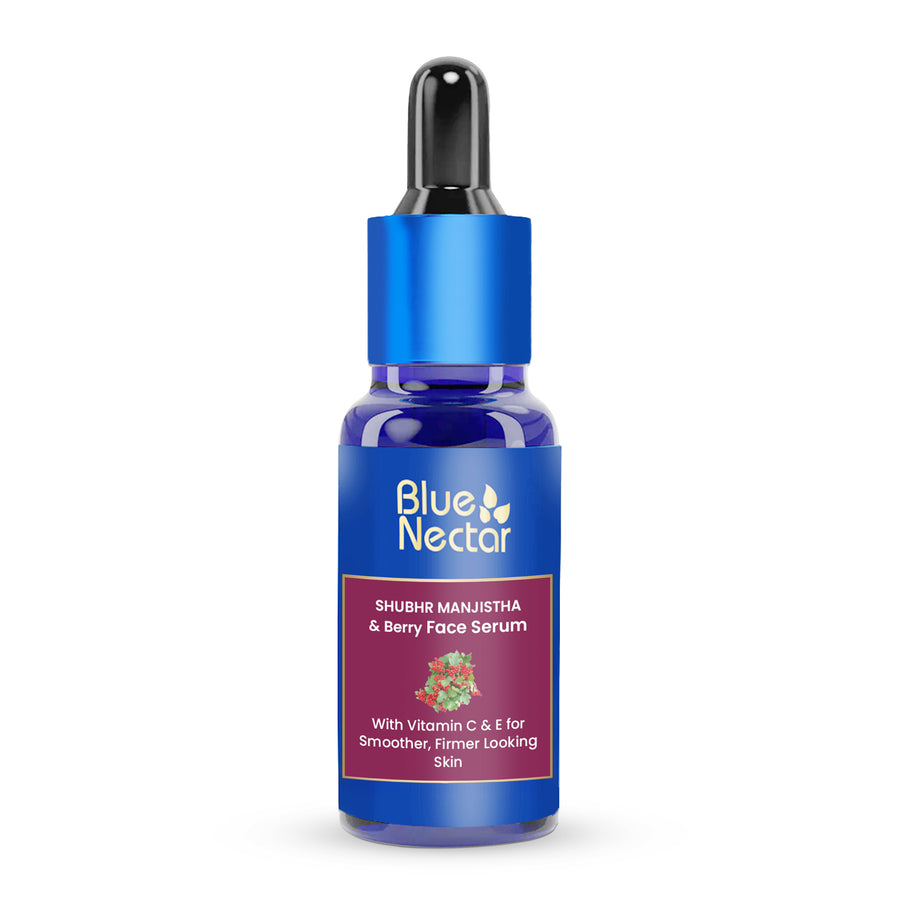
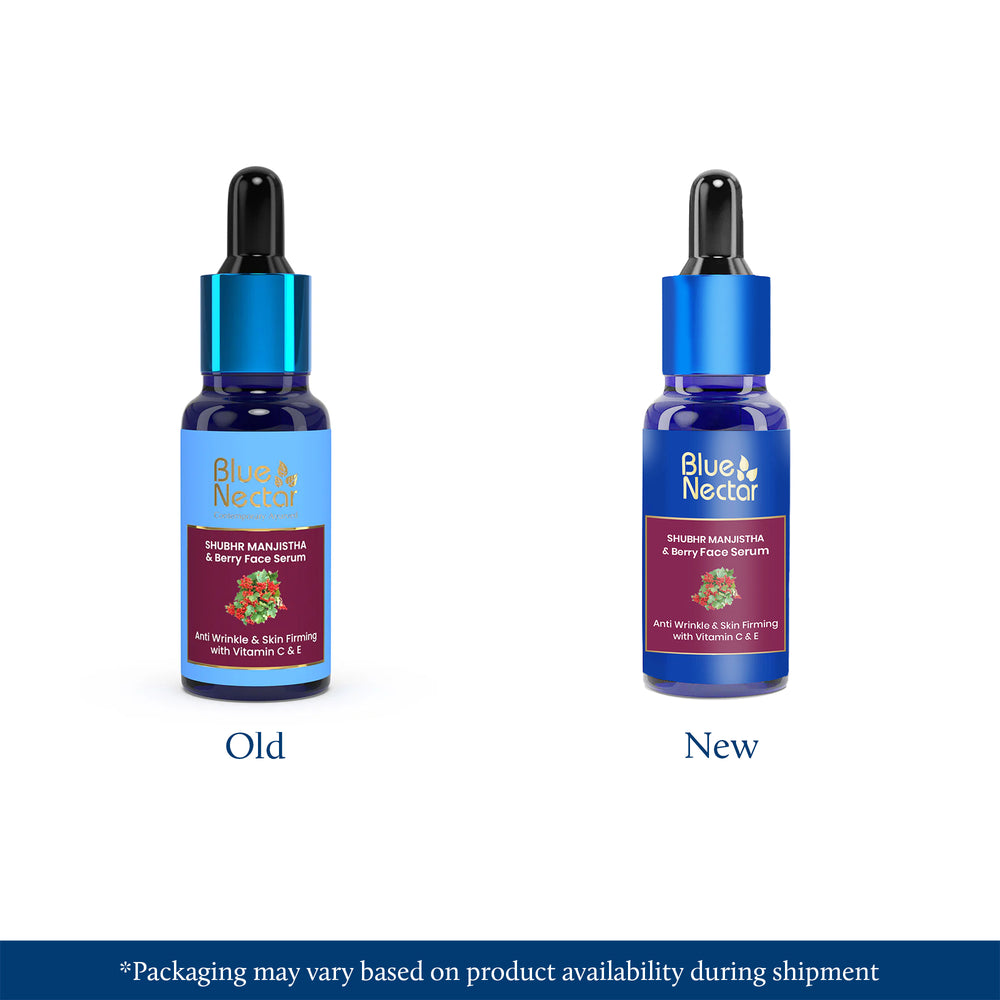
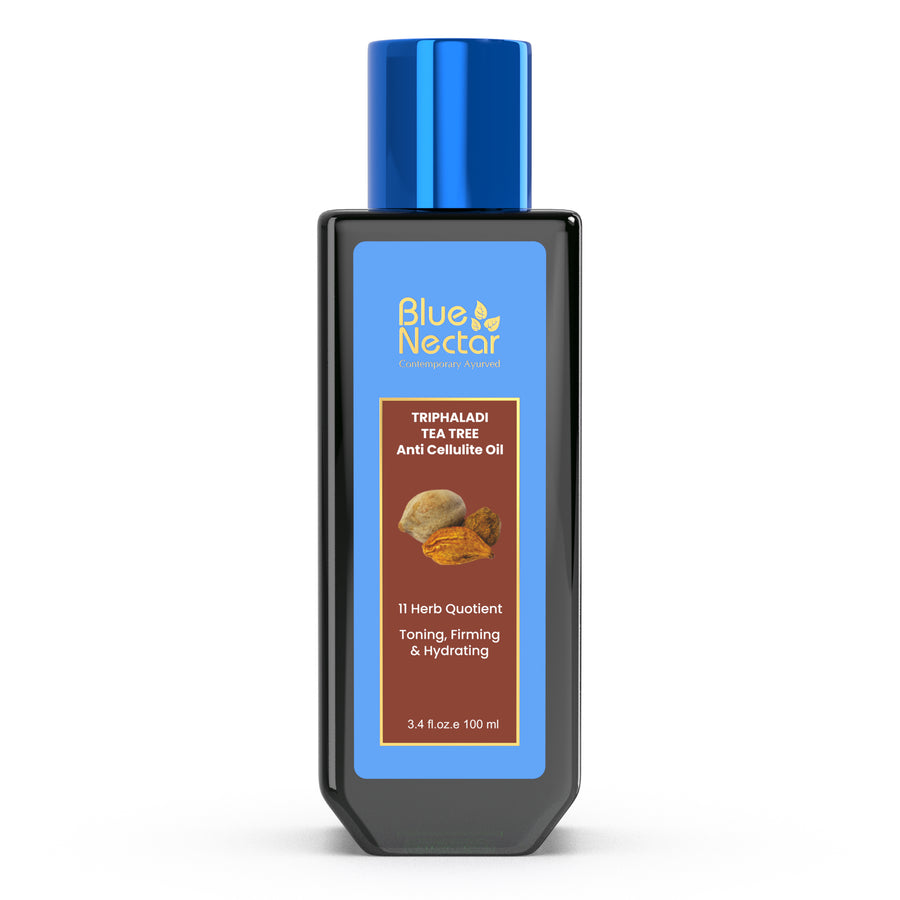
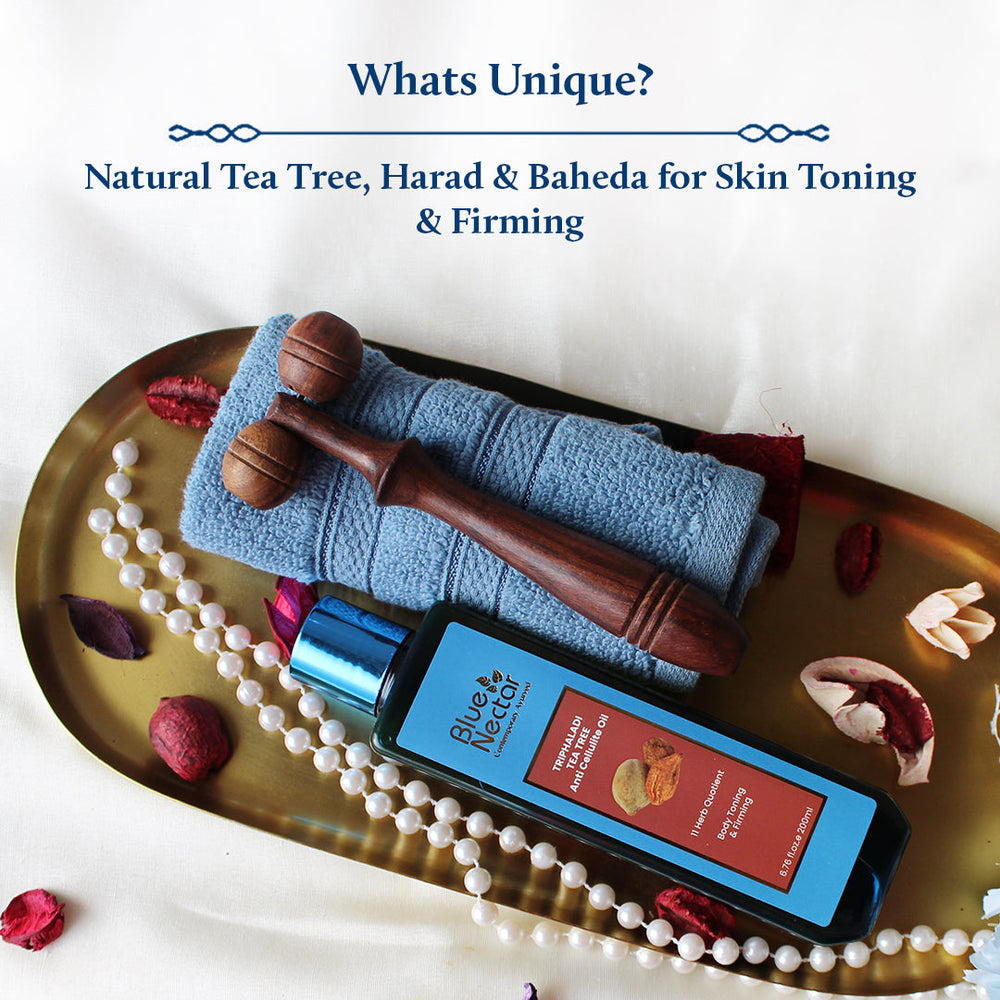
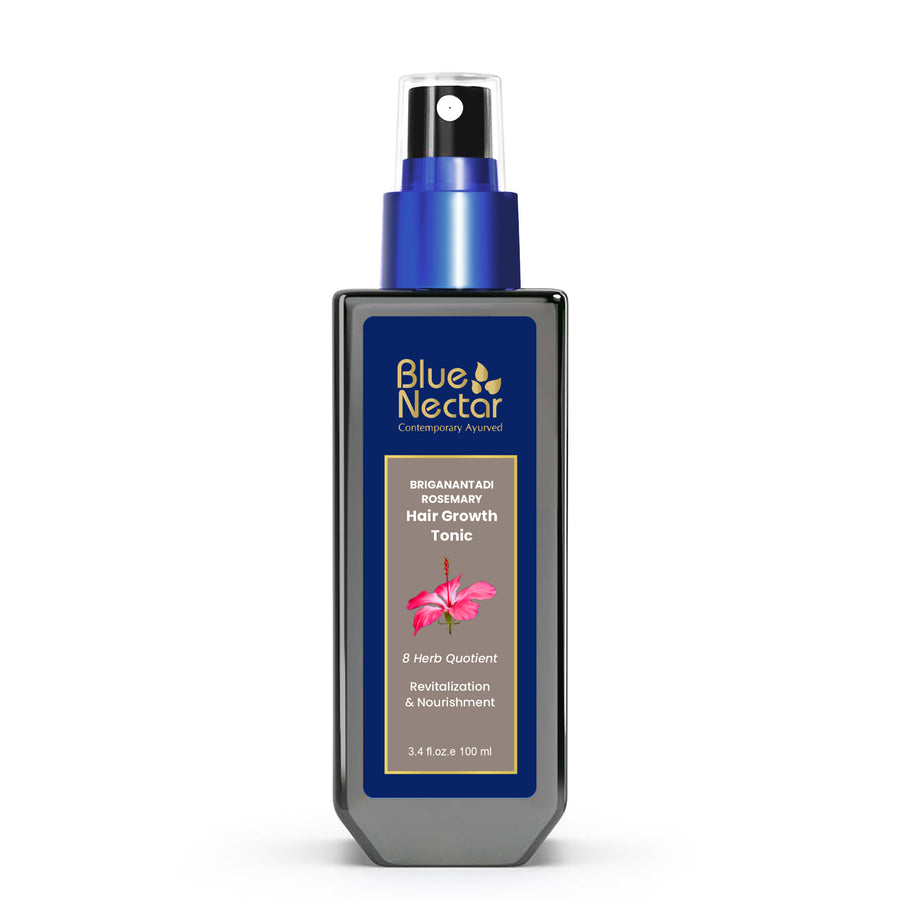
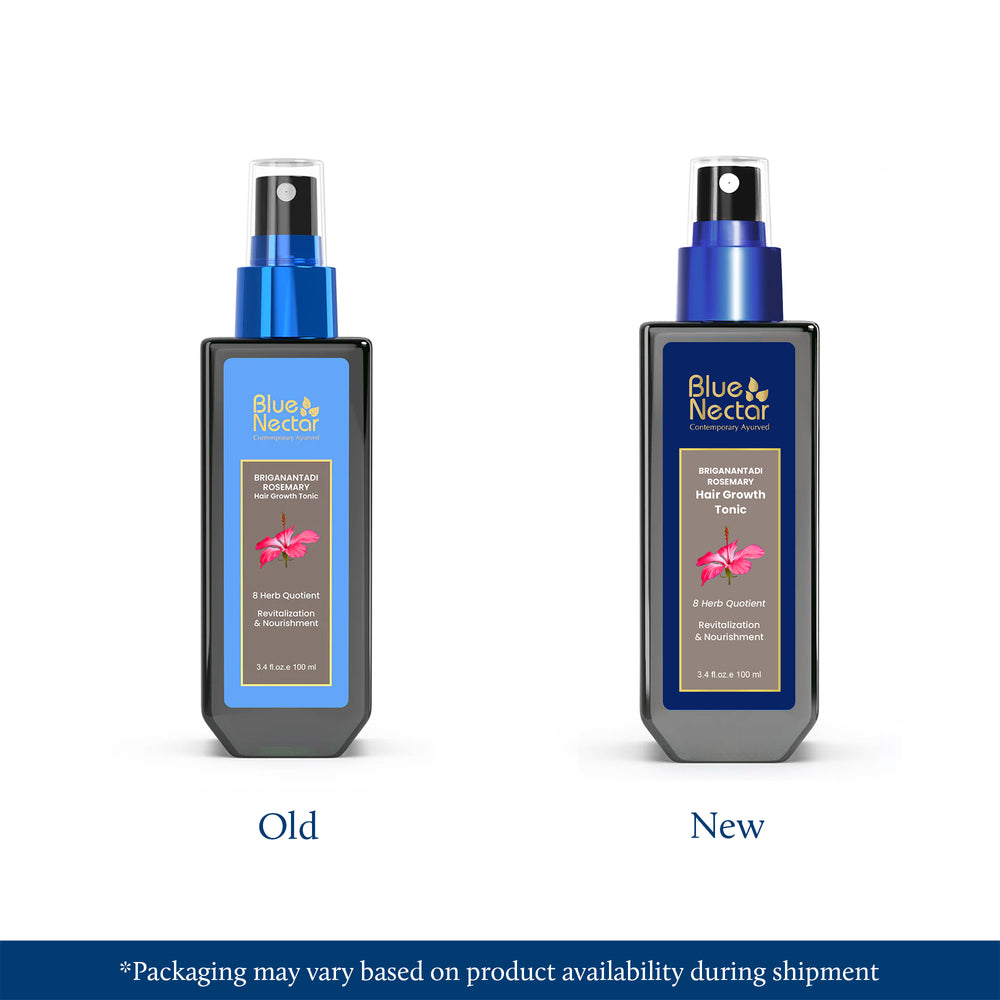
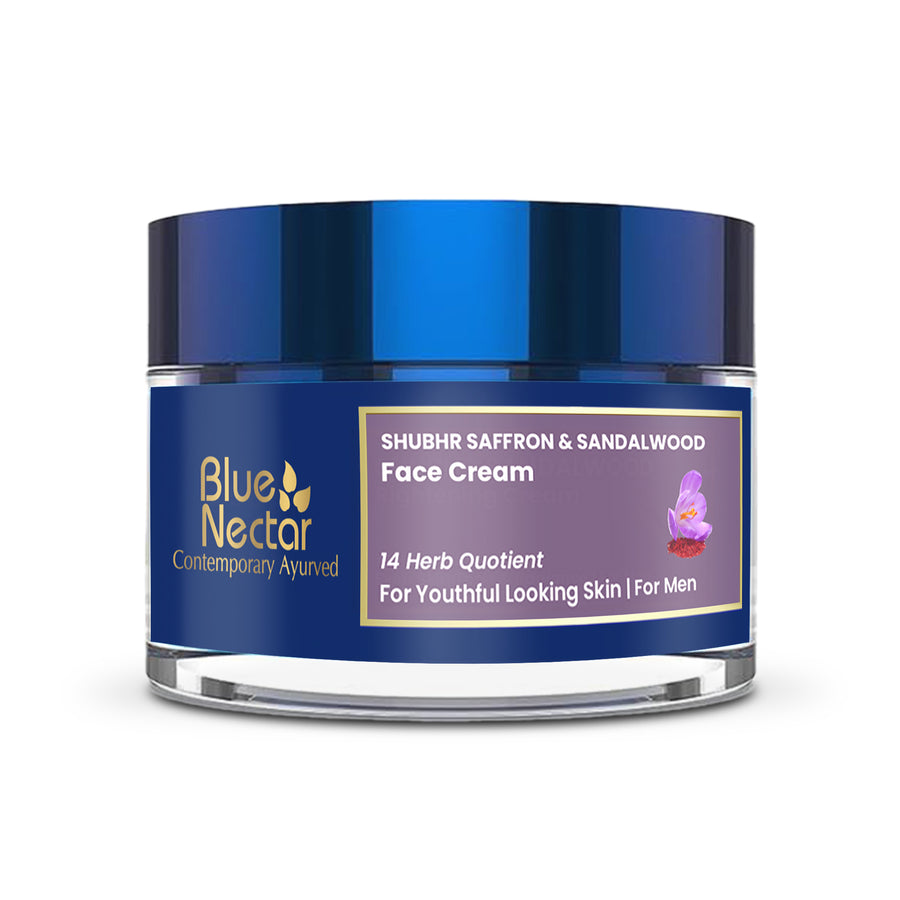
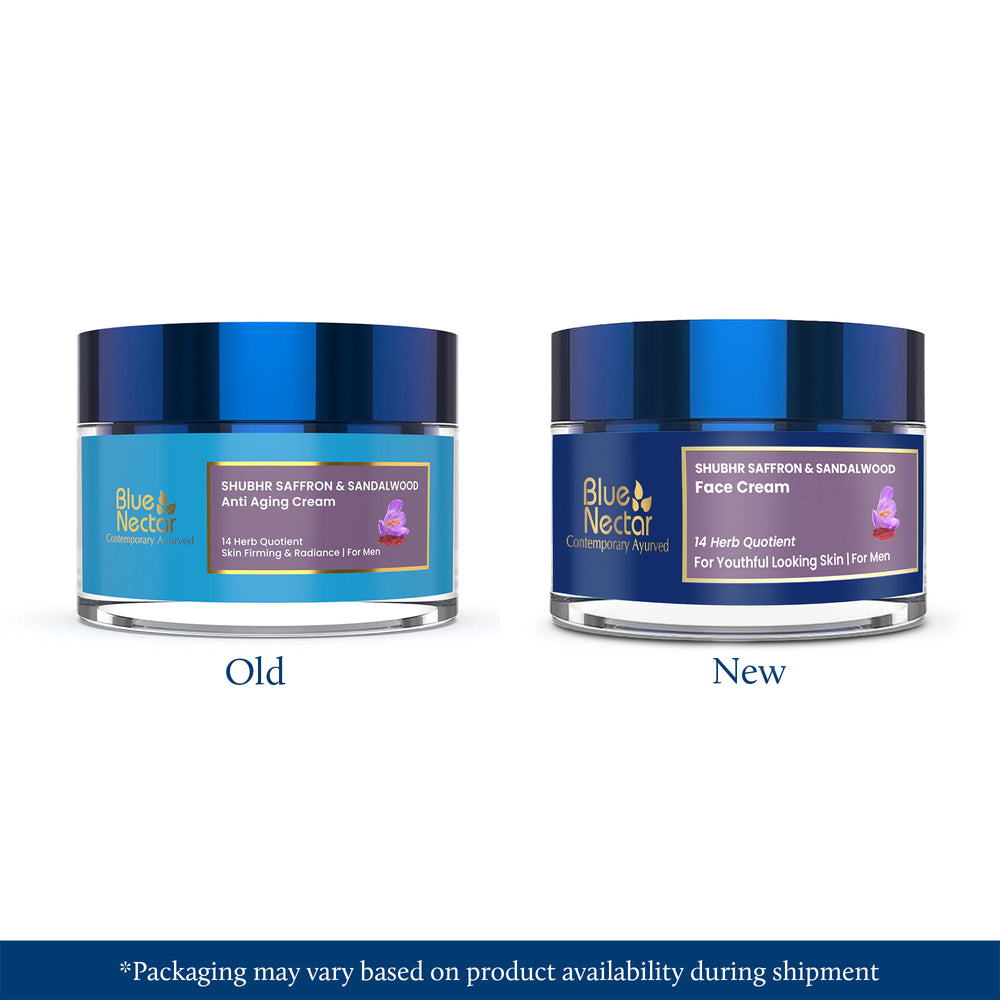
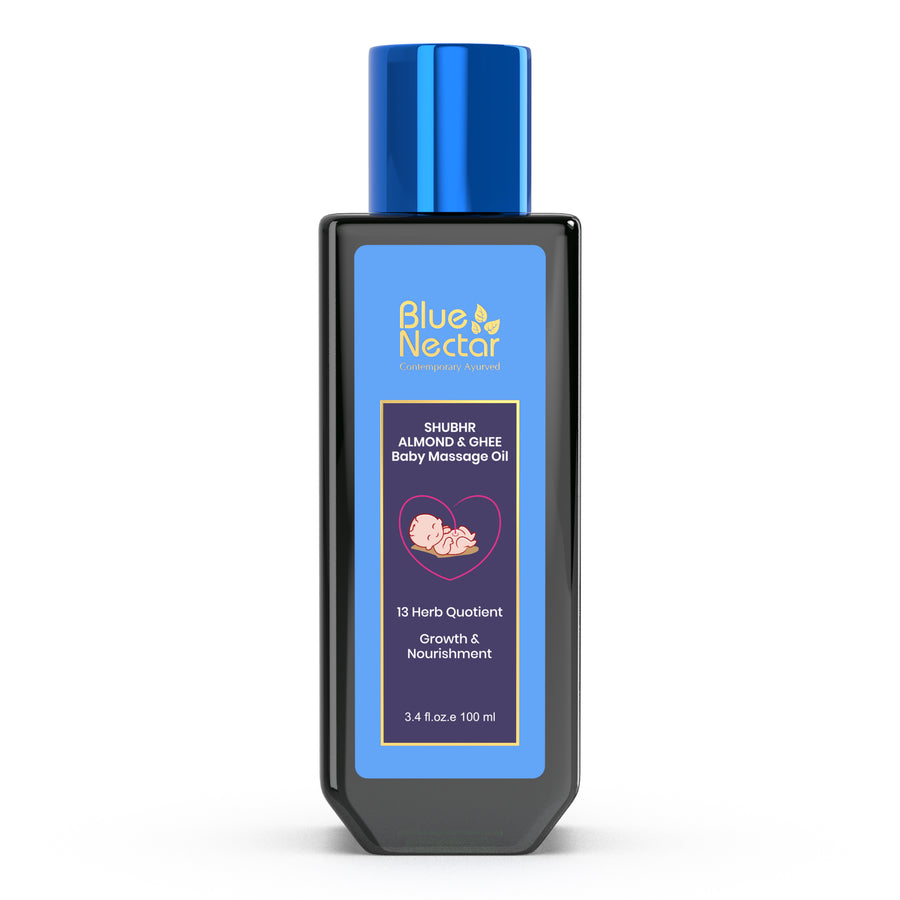
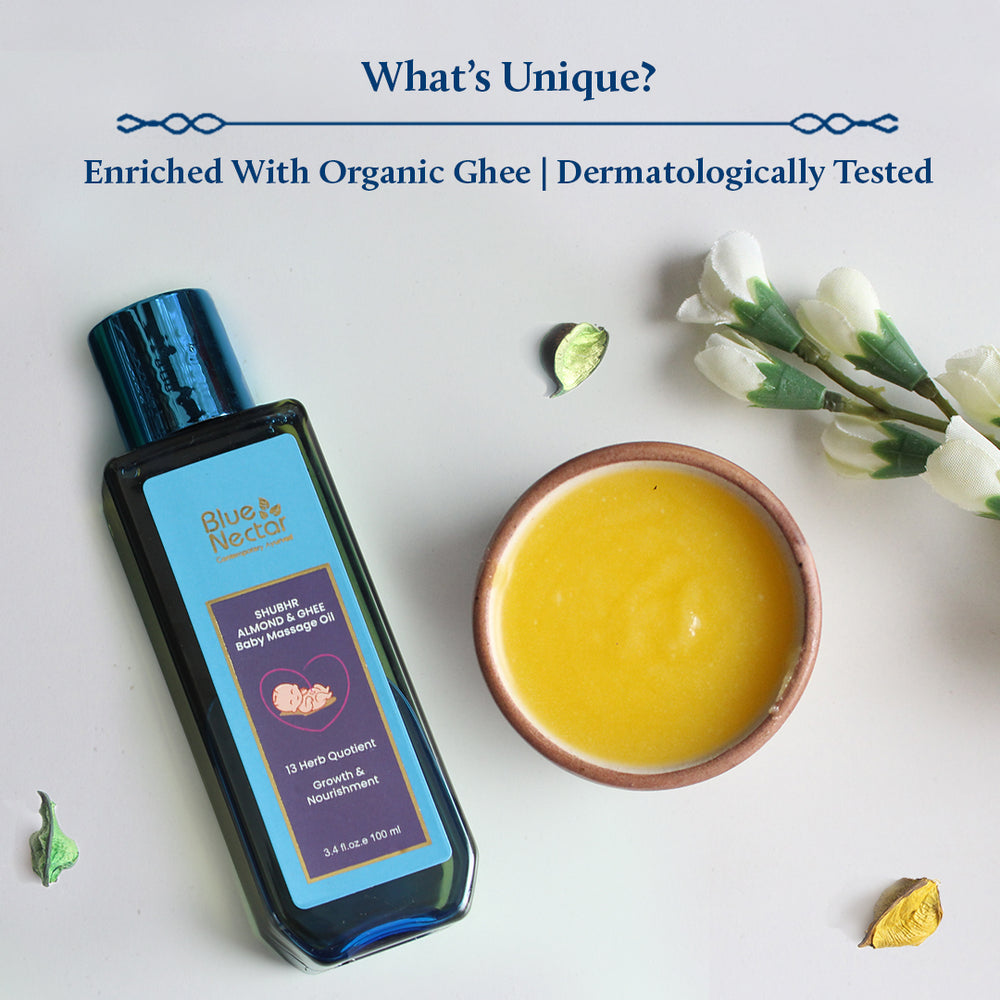
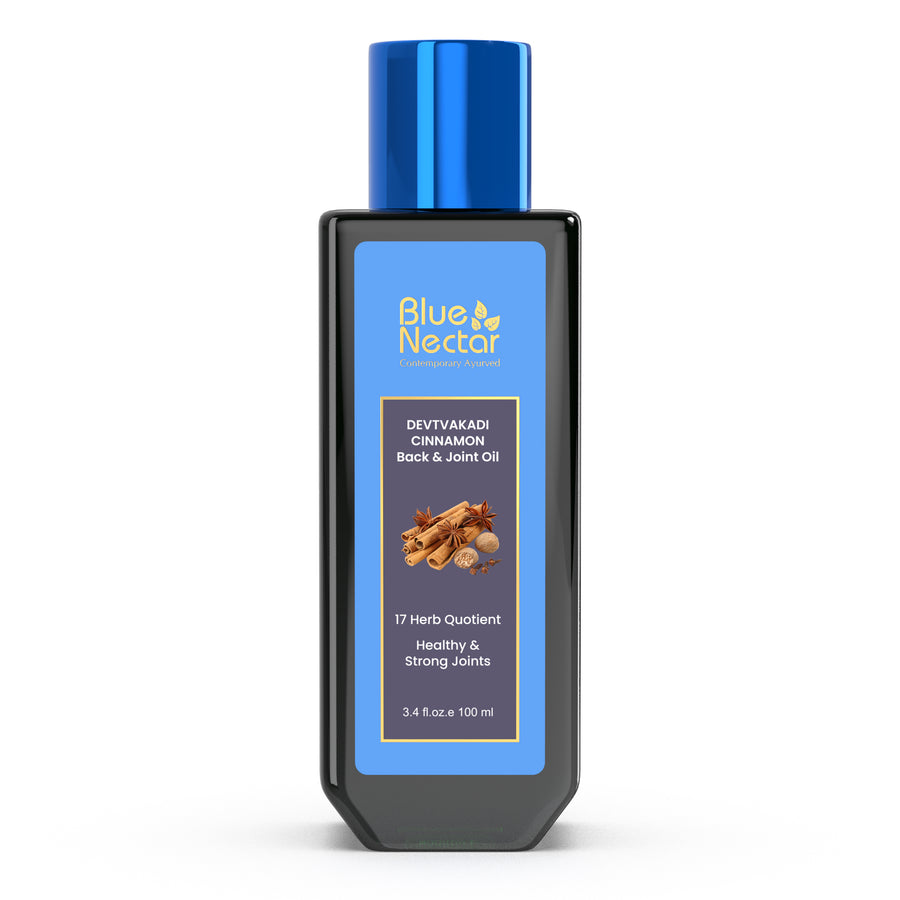
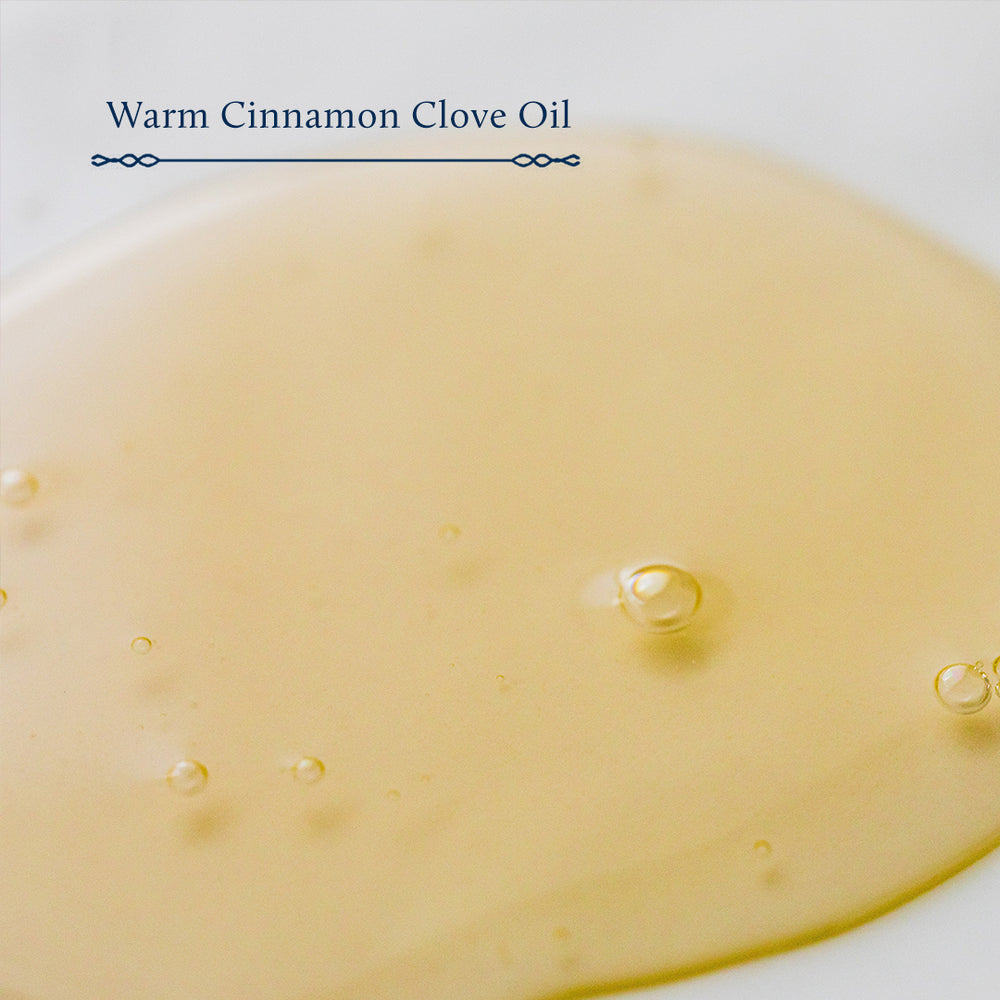
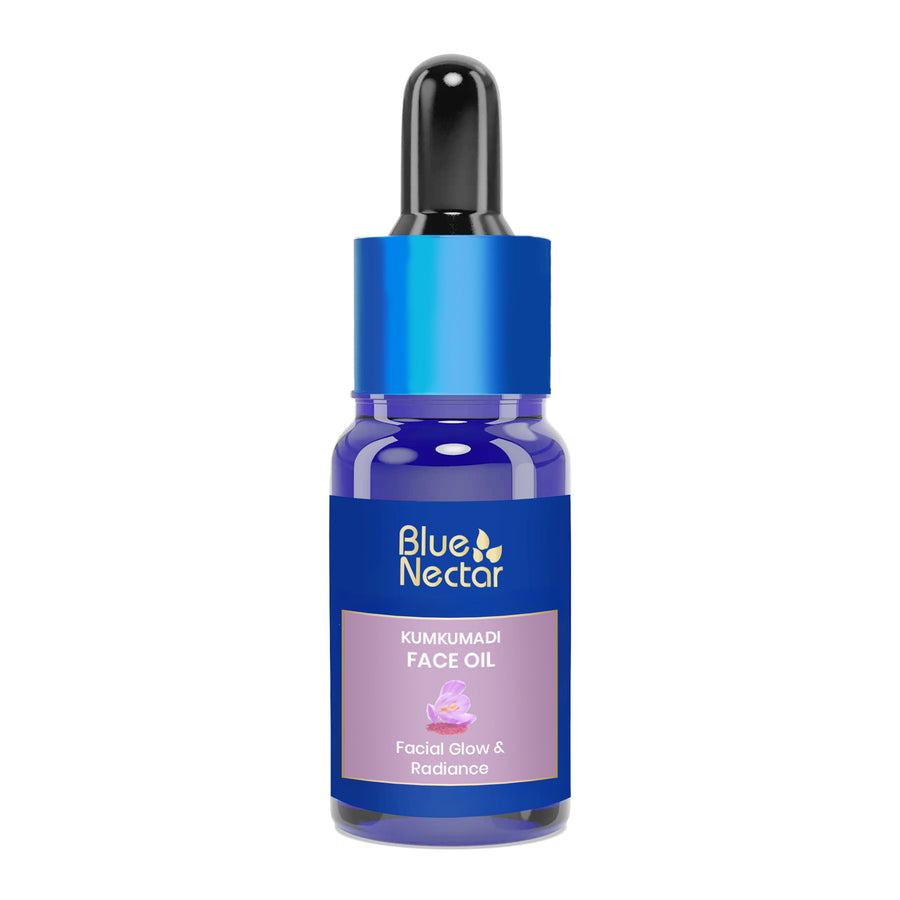
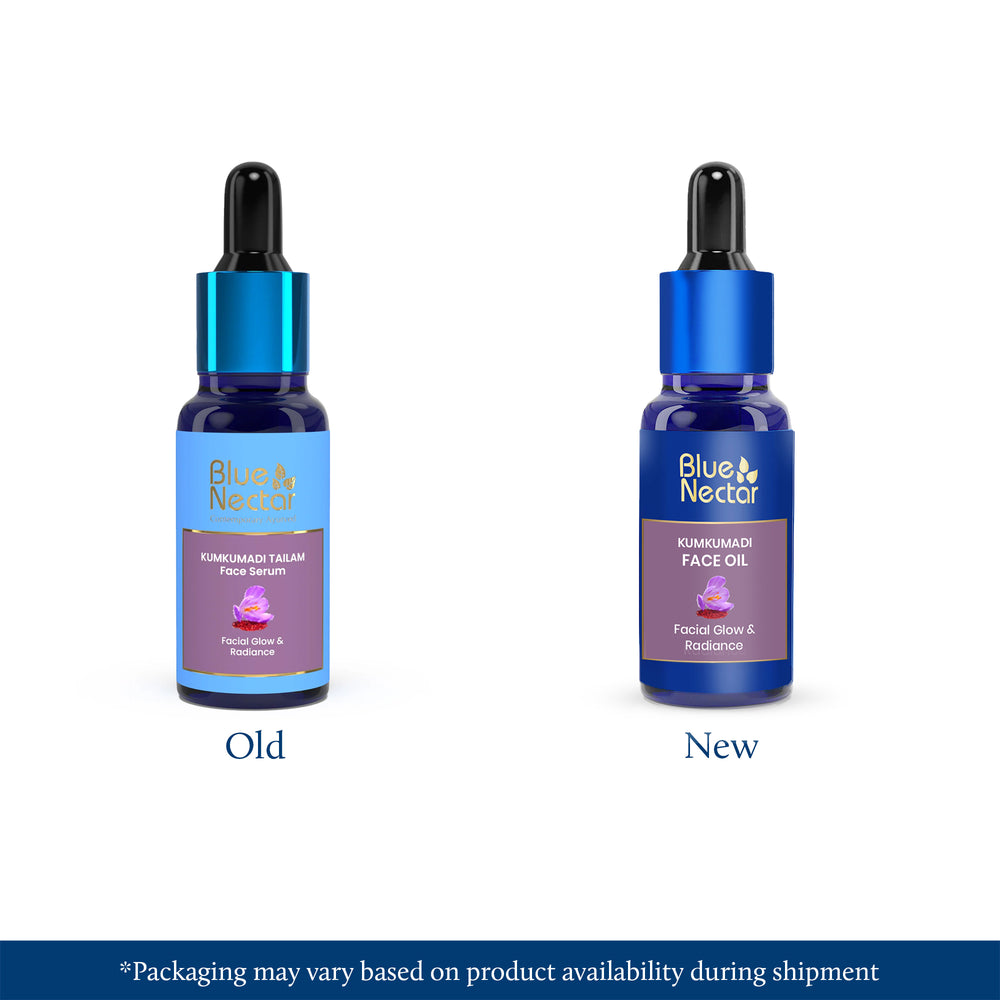
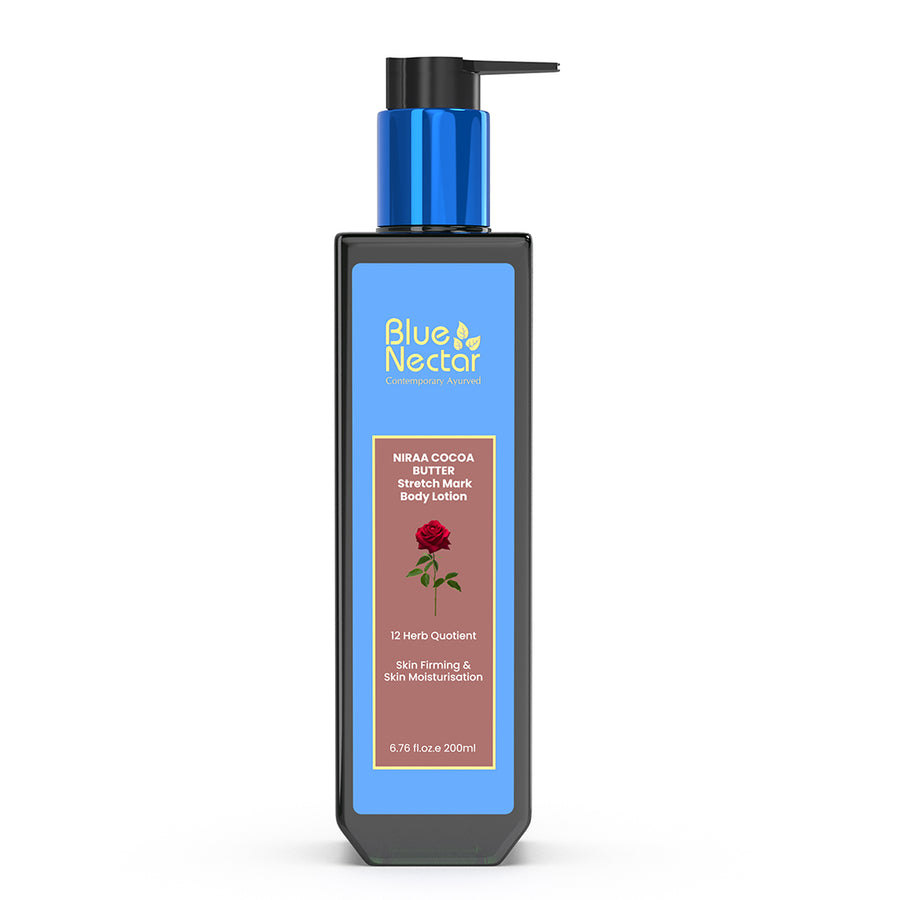
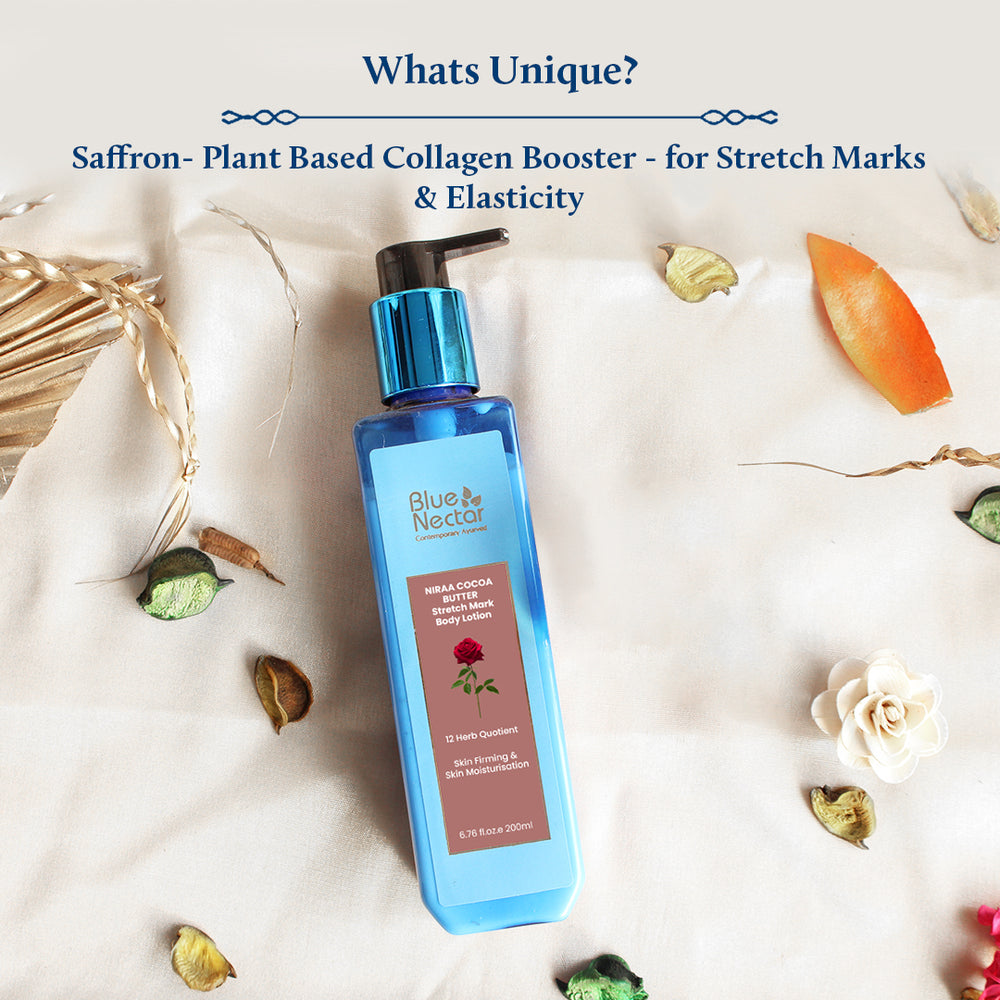
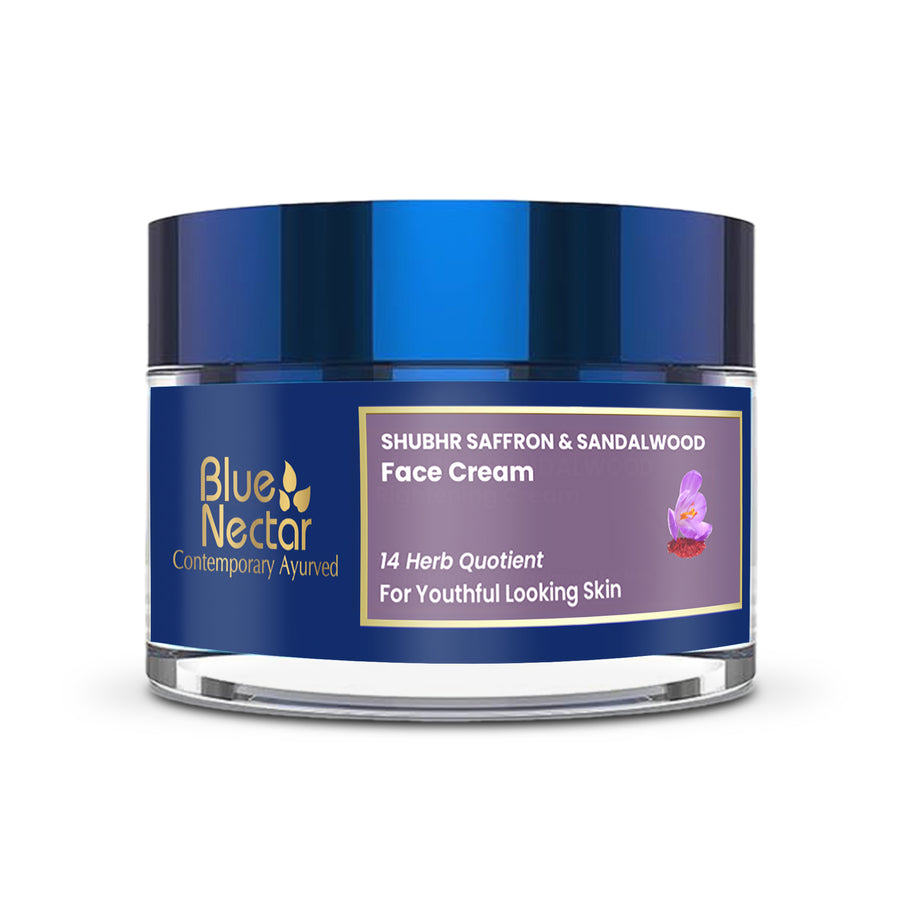
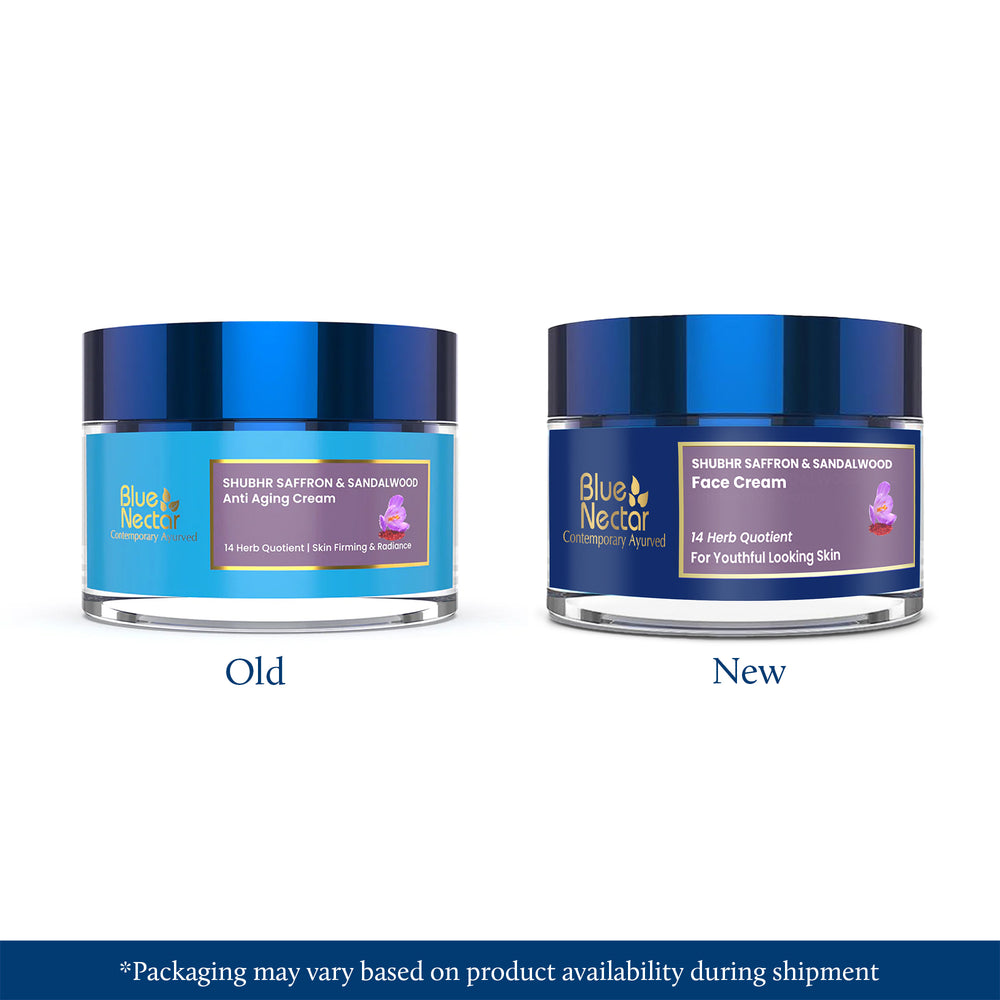
Leave a comment